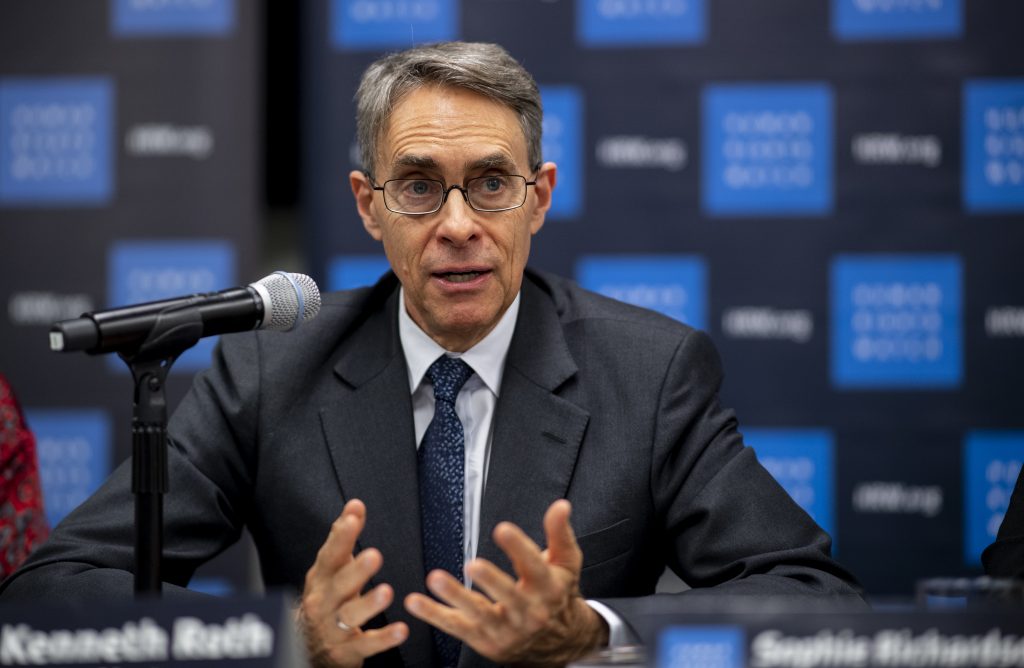
- ARAB NEWS
- 04 Jul 2025

NEW YORK: Human Rights Watch criticized Japan's judicial system as "hostage" justice system in an annual report on each country's human rights situation released Tuesday.
"Japan's long overlooked 'hostage' justice system, in which criminal suspects are held for long periods in harsh conditions to coerce a confession, received renewed attention" after the arrest in 2018 of former Nissan Motor Co. Chairman Carlos Ghosn for alleged financial misconduct, the report said.
At a press conference at the United Nations headquarters in New York on the day, Kenneth Roth, executive director of Human Rights Watch, said Ghosn's case "illustrates the enormous pressure that the Japanese criminal justice system places on defendants to confess."
While noting that "I'm not defending what Ghosn may or may not have done" and "I am not defending his flight," Roth said Japan's judicial system enables "endless interrogation without lawyers present." In Ghosn's case, he was not allowed to speak to his wife, he added.
A criminal justice system that is so determined to put pressure on suspects that the vast majority confess is not a justice system but a confession system," Roth said.
Late last month, Ghosn fled to Lebanon while on bail ahead of a trial in Japan.
In the annual report, Human Rights Watch also shed light on problems with women's rights in Japan.
The country's rape law requires prosecutors to prove that violence or intimidation was involved, or that the victim was incapable of resistance, the report said.
It noted that in one case, a court acquitted a father accused of raping his 19-year-old daughter, although the court recognized that the sex was nonconsensual and that he had been physically and sexually abusing the victim since she was younger.
JIJI Press